Tips To Leverage Translation For International Marketing
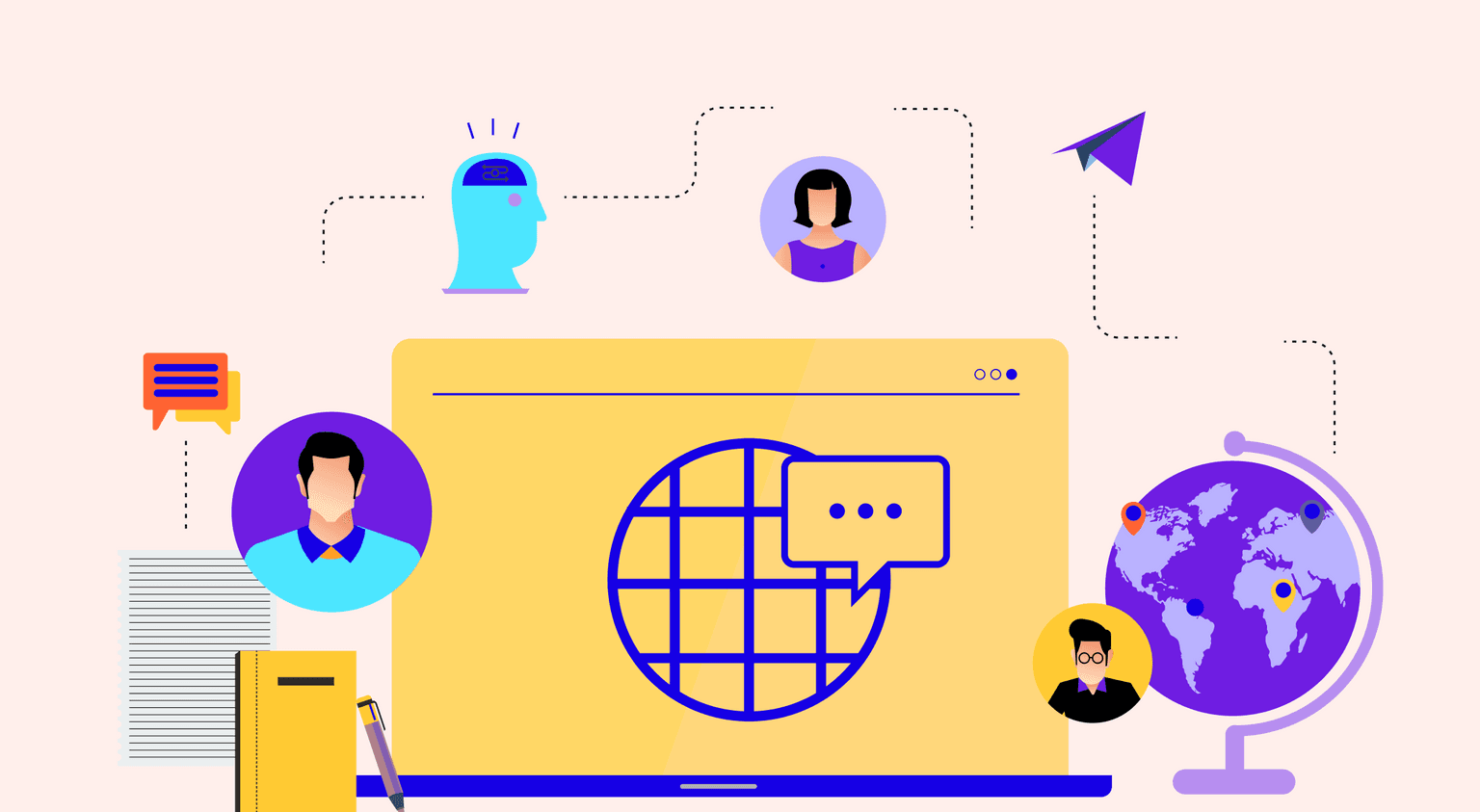
When businesses target a global audience speaking a horde of other languages besides English, you need professional translation services. The artificial intelligence-based tools your team may use just won’t cut it at this level.

While those platforms aim to convert the source text as accurately as possible, marketing content includes subtleties that resonate with your target audience. A thorough understanding of the target market will help with this. To ensure your international marketing campaign hits home, it’s time to consider professional translation services.
Read along as we discuss the importance of translation in international marketing and tips on using translation services for international marketing.
Why Would You Want To Market In More Than One Language?
A multilingual marketing strategy can give your company a competitive edge and help you reach your target consumer base. It’s crucial to communicate with customers in their language to foster trust.
Per research, sales rise when you translate online marketplaces into the readers’ mother tongues because you have done an important thing — removed the language barrier.
Here are a few more key advantages of marketing in more than one language:
1. Boosts global brand image
Cultural aspects are essential to any campaign, whether launching abroad or aiming at multi-ethnic consumers. To increase trust and spark interest in the company, your written communication must reflect the brand’s image and identity in the readers’ native tongue.

Your international marketing plan, no matter how large or small, must incorporate cross-cultural branding strategies. The objective is to accurately and proficiently communicate your message, regardless of the market or cultural environment in which you find yourself.
It also supports preparing the company to handle domestic economic developments. Possible outcomes include increased revenues, profits, a more varied clientele, and stability.
2. Gain competitive advantage
It can be very uncomfortable to have language difficulties and create an emotional barrier between your business and potential customers.
Let’s say, for instance, that you were dealing with two businesses that sold similar goods of the same value and quality. One company sent a customer service representative who spoke with you in your native tongue. They could easily respond to your inquiries while making culturally relevant references. The other competing business did not have any such support.
In this case, you would rightly lean towards the first company! Statistics also support this – a study found that 65% of customers are willing to pay more for a product if they are treated exceptionally by a business.
3. Enhances customer experience
In today’s connected world, viral marketing can significantly help businesses with their customer experience. This fact implies that, without your knowledge, your brand may already enjoy a sizable following outside of your country of origin. According to a report, over 70% of consumers are willing to pay more if the company tries to offer information in their language.
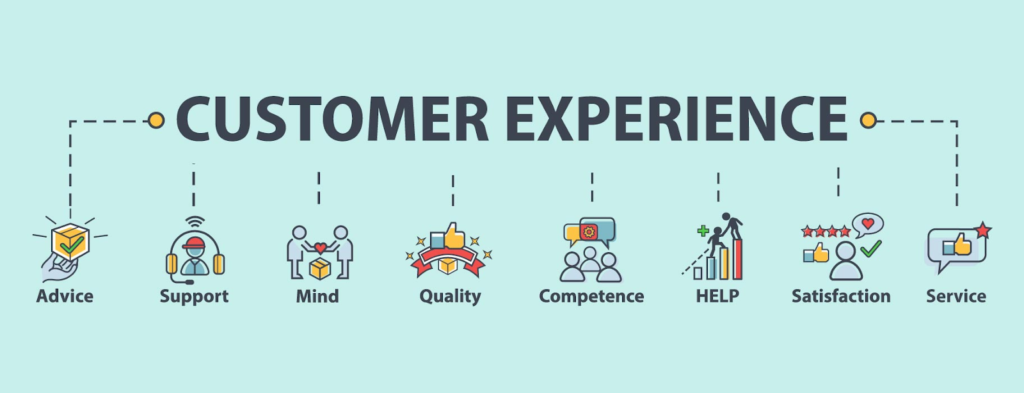
Therefore, provide more information about the brand in their language to simplify it for those who value your goods or service. Multilingual marketing initiatives also show your kindness, increasing customer confidence in your business. Simply put, your customers will have a better experience if you offer more content in their native tongue.
4. Meet legal requirements
Most nations may require you to translate the paperwork into their native tongue, depending on your product. Today, localization is a legal requirement rather than an option. Your trade adviser will typically assist you in determining which documents require translation.
For instance, there are common documents you’ll need for exporting whenever you sell and ship your goods outside the United States. Some legal document export businesses frequently use translation services, including commercial invoices, export licenses, export compliance documents, and transportation documents.
How To Use Translation Services For International Marketing
It takes more than a simple literal translation to make your marketing campaign international. This is because merely translating your message word for word may result in losing the core and soul of your message. In the worst-case scenario, your message might seem insensitive to the country’s people and culture.
To help you solve this problem, here are some tips on how to use international translation services for global marketing:
- Keep your content simple
It’s crucial to produce simple content to localize to keep costs to a minimum. This helps keep a project on schedule and saves time by simplifying it to avoid problems when translating inappropriate or ambiguous language.
Keep your writing concise and clear. Idioms, insider jokes, phrasal verbs, and overly complex language should be avoided. They don’t translate well and could harm your brand and the quality of your content. If those are extremely necessary, give precise instructions, so linguists will know precisely what you’re trying to convey.
- Hire a professional translator.
It is impossible to overstate the value of translation to global marketing. Therefore, we advise you to work with a certified language expert with marketing expertise and in-depth sector knowledge.
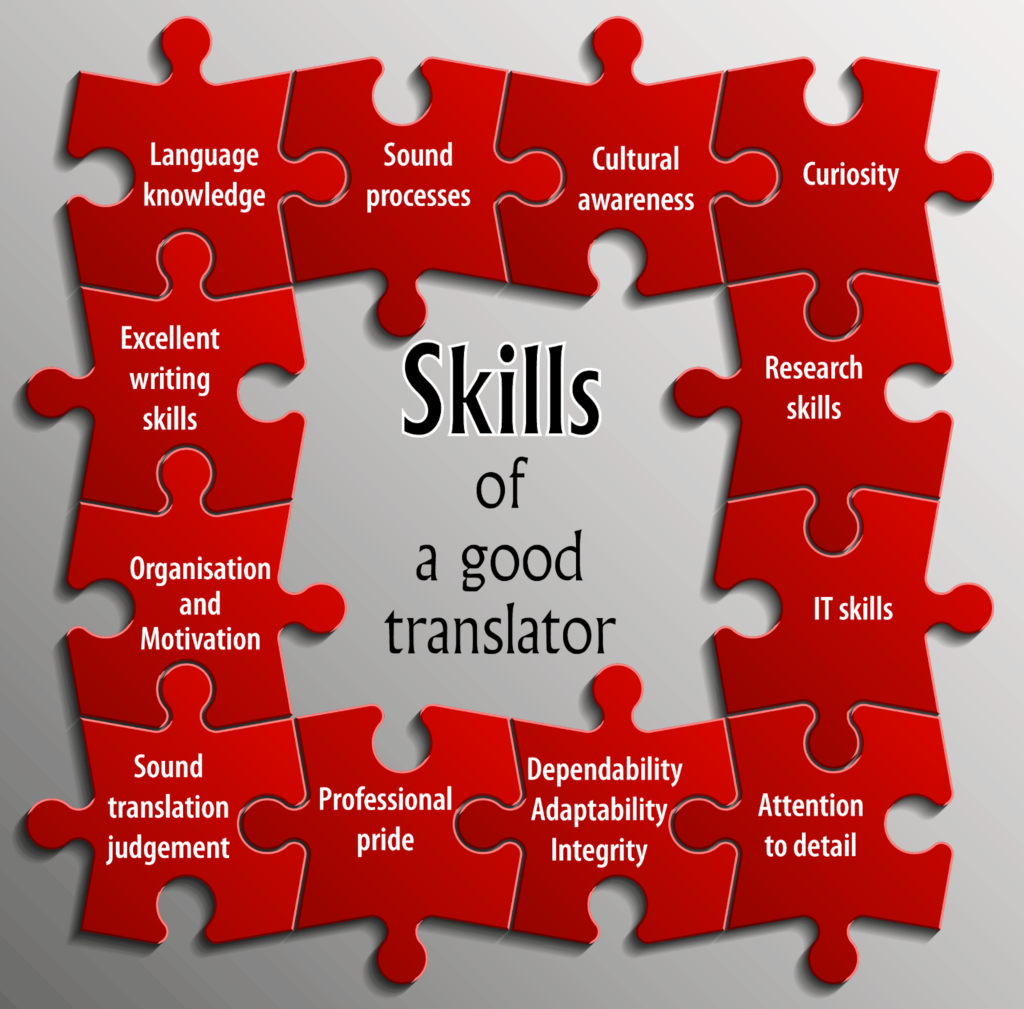
Although your intern may speak Swedish, are the resources you’ll save on a professional’s fees worth risking the reputation of your business? Not at all, no. Since marketing is a highly contextual field, you should also ensure that your chosen provider is skilled at transcreation and adaptation.
- Prepare a solid brief.
Giving your translator as much information as possible will make it simpler to translate your text. Create a document that details your company’s brand identity, target audience, history, product specifications, and marketing objectives.
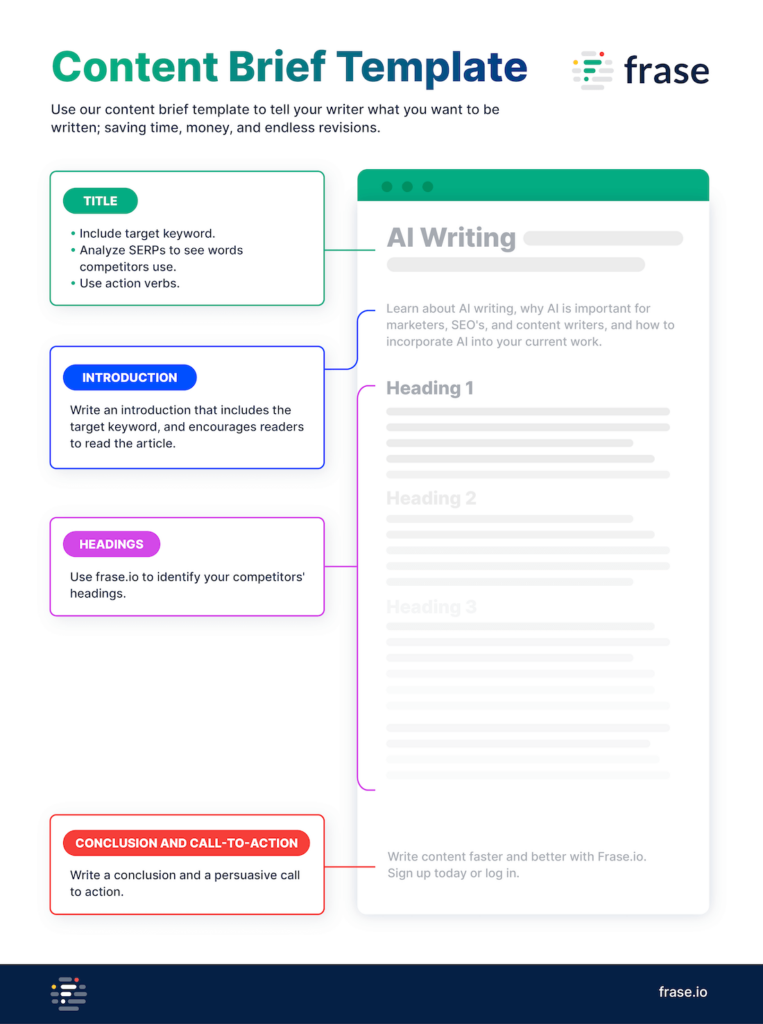
Choose key terms carefully in the English version of your content. If you first create the glossary in English, you can translate the key terms into each subsequent language with minimal effort. It’s much easier than having each linguist conduct their research and definitions. This will enable your translator to create content that more accurately captures the culture of your business.
- Integrate and automate tools.
If you intend to translate your content into multiple languages, you must invest in technology capable of handling the complexity and volume of your content. The first tool we advise is a localization platform. A localization platform optimizes a website so foreign language customers can easily use it.
Compared to companies that do this manually, this caliber of tool saves an incredible amount of time and administration costs. When comparing localization platforms, look for those that provide advanced features for effectiveness and automated workflows. These tools will be critical for meeting deadlines in a multi-language localization ecosystem.
- Perform a trial run
Mistakes are simpler to fix at the prototype stage than when the final product is released. Use tools like focus groups to gauge how well your copy and marketing materials are received abroad. If your budget permits, appoint a second translation company or independent translator to assess the original text.
- Monitor your results
You can’t change your international marketing initiatives if you don’t know what and where the problem is. Therefore, connect your marketing strategy to a clear objective so you can assess its success.
In Summary
As digital marketers trying to reach a global audience, you must acknowledge that a sizable portion of your global audience needs to speak English. Many still prefer to consume content in their native language rather than English.
This is why, when you provide your marketing content in the native language of your target country, the results go far beyond attracting more visitors from other countries. Additionally, it will promote more meaningful connections with your clients and boost your business’s bottom line.
In the meanwhile check out our Translation Guide to learn more about translation.
FAQs
Language translation services allow you to interact with a worldwide audience with the help of a competent linguist.
Professional translation services involve a business or individual purchasing language translation from a company or individual who makes a living translating.
There are three different kinds of translation – post-edited translation, machine translation, and human translation. These examples are all practical means of delivering information in another language.
Latest Blogs
Explore how Google’s 2025 AI search updates triggered ranking chaos. Learn actionable strategies to adapt your SEO for AI Overviews, zero-click searches, and SERP volatility. Stay ahead now.
Learn how to rank on AI search engines like ChatGPT, Perplexity, and Gemini by optimizing your content for authority, structure, and relevance. Stay ahead in AI-driven search with this strategic guide.
Explore the best healthcare SEO services for your medical practice. Improve online visibility and effectively reach more patients in need of your services.
Get your hands on the latest news!
Similar Posts
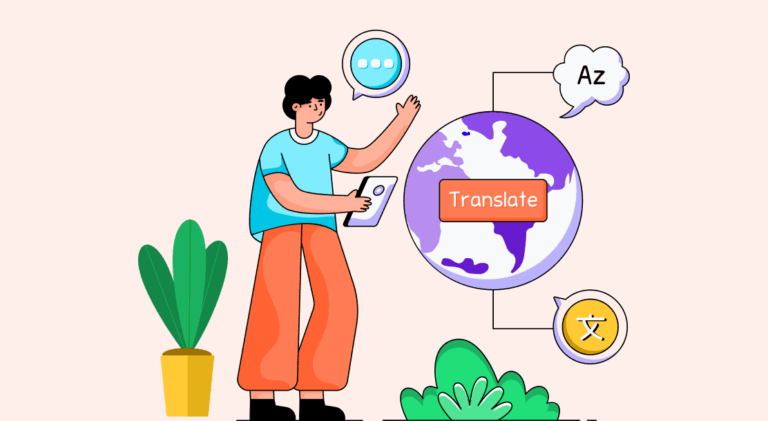
Translation
5 mins read
All You Need to Know About Language Translation and Terminology Management

Translation
5 mins read
6 Reasons to Translate Content into German
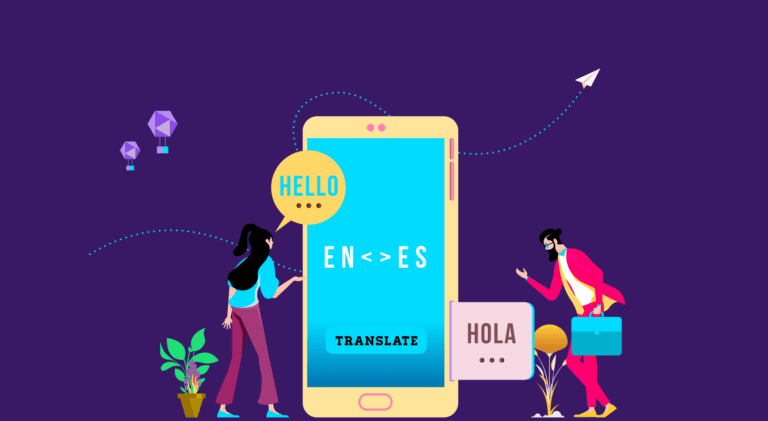
Translation
5 mins read